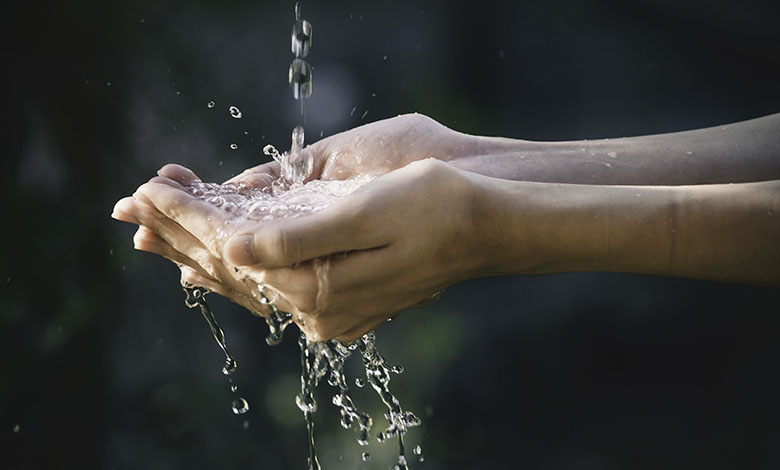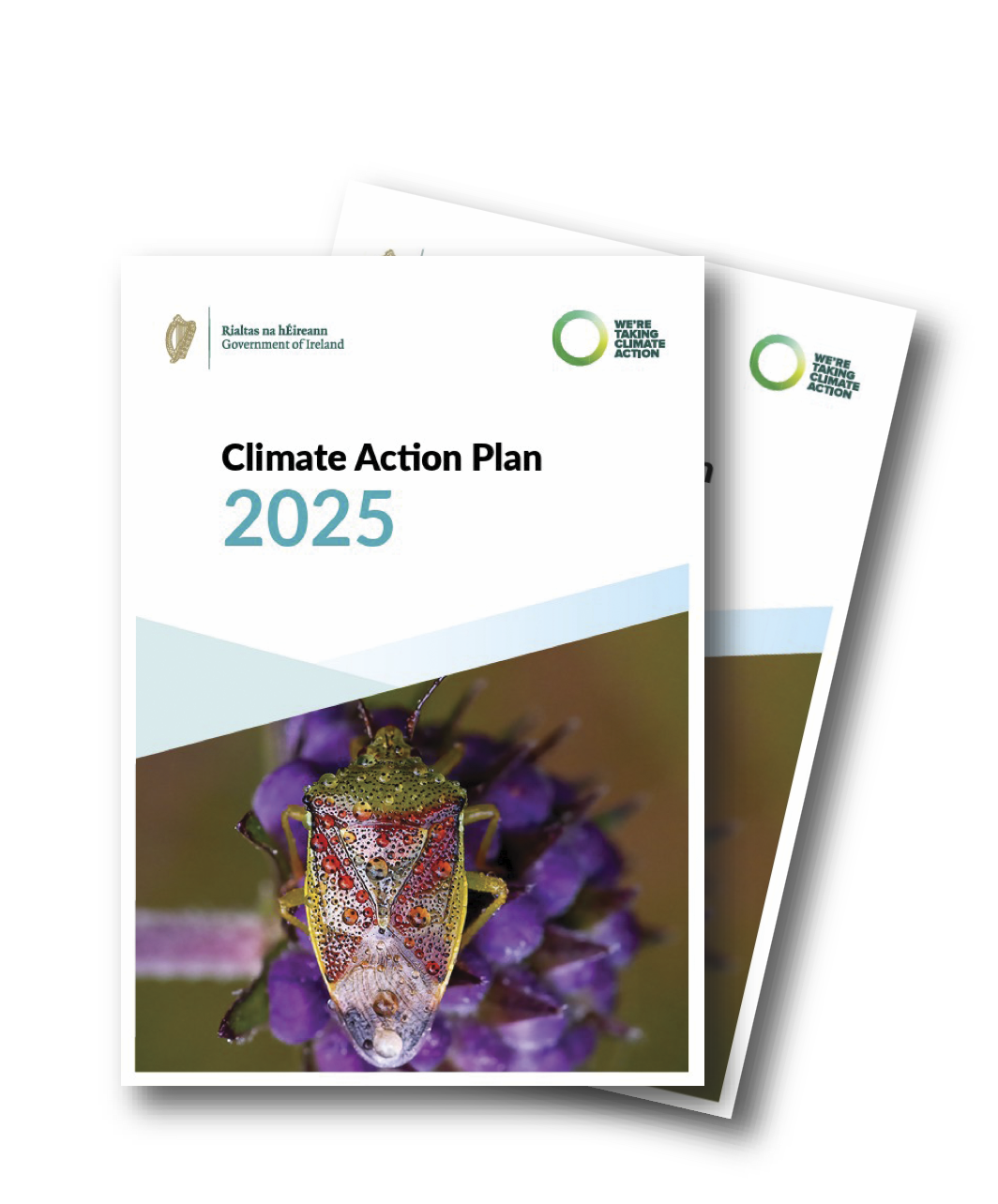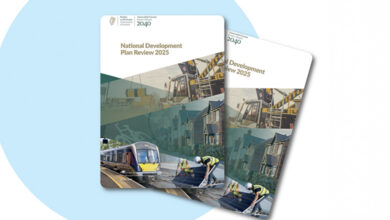CAP25 falls short on climate action for water resources

Climate Action Plan 2025 (CAP25) includes minimal actions to achieve the United Nations’ sustainable development goal (SDG) of ‘clean water and sanitation’ despite the Sustainable Progress Index 2025 – published by Social Justice Ireland in February 2025 – placing Ireland joint-10th out of 14 countries for delivering on the SDG.
CAP25 includes progress on six out of eight targets set under the SDG, which is central to the plan’s approach to climate action for water resources. The first target the plan addresses is that universal and equitable access to safe and affordable drinking water for all be achieved by 2030. Progress on this target is measured by the proportion of the population using safely managed drinking water services.
This is addressed under the Public Sector Climate Action Mandate outlined in CAP25. The mandate applies to all bodies covered by decarbonisation targets except for local authorities, commercial semi-state bodies, and the school sector. It traces an aim to provide a suitable drinking water refill point for staff “in any premises accessed by the public”. However, the document lacks details on the proportion of the population using safely manged drinking water services.
Water quality and efficiency
The second SDG target progressed under CAP25 is that water quality be improved by 2030 by reducing pollution, eliminating dumping and minimising the release of hazardous chemical and materials, halving the proportion of untreated wastewater, and increasing recycling and safe reuse. Progress indicators include the proportion of safely treated domestic and industrial wastewater flow, and the proportion of bodies of water with good ambient water quality.
In line with this, CAP25 set an aim for a sectoral adaptation plan for the water quality sector to be created. The draft Water Quality and Water Services Infrastructure Sectoral Adaptation Plan 2025 underwent public consultation between July and August 2025. It includes actions to reduce pollution, address release of chemical materials, and improve wastewater infrastructure. CAP25 also sets an aim to improve the resilience of Ireland’s water infrastructure through implementation of a Nature Based Solutions Programme.
CAP25 also progresses target 6.4 of the SDG to increase water-use efficiency in all sectors, ensure sustainable withdrawals and supply of freshwater, and reduce the number of people suffering from water scarcity. One action in the Public Sector Climate Action Mandate asserts that organisations must measure and monitor their total water usage. Indicators of progress on this target include a change in water-use efficiency over time, and freshwater withdrawal as a proportion of available freshwater resources.
Another target of the SDG is to implement integrated water resources management at all levels, including through transboundary cooperation by 2030. Indicators of progress on this target are the degree of integrated water resources management and the proportion of transboundary basin area with an operational arrangement for water cooperation. CAP25 does not include any actions which contribute to this target.
Ecosystems and communities
Target 6.6 of the SDG is that water-related ecosystems will be protected and restored by 2020. Although the deadline for this target has passed, multiple actions in CAP25 align with it. The plan stipulates that action be taken to restore wetlands and outlines that the National Parks and Wildlife Service will continue to implement a €12 million restoration scheme in the midlands. In 2025, works will begin on the first phase of wetland sties selected for restoration while phase two will encompass the creation of further restoration plans.
CAP25 notes that inventory refinements in 2024, including revision to the drainage status and associated emissions factors for grassland on peat soils and peat extraction on wetlands, saw a 45 per cent reduction in reported national emissions. The document insists that these refinements will continue for the sector.
Target 6.b sets an intention to strengthen the participation of local communities in improving water and sanitation management. The indicator of progress is the proportion of local administrative units with established and operational policies and procedures to enable local communities’ participation.
CAP25 notes that climate engagement campaign Climate Action Works (CAW) was established in 2024 to support local communities in climate action. The plan also points to research initiatives like Climate Conversations 2025, behavioural studies, and expanded stakeholder for a as examples of efforts to engage with communities on the transition to climate neutrality. However, it does not include any actions regarding the establishment of local administrative units.

Funding and risks
In addition to the SDG, CAP25 states that designated projects aimed at improving water quality will be supported through the €3.15 billion Infrastructure, Climate and Nature Fund between 2026 and 2030. The first European Climate Risk Assessment, published in March 2024, identifies water as one of the resources endangered by 36 climate risks. To address these risks, various local authorities signed the EU Adaptation Mission Charter. Each has received support from Climate Matters to address the unique challenges they face.
The Sustainable Progress Index 2025 states that results for this SDG in Ireland are mixed: “Indicators for access to improved drinking water and sanitation show further development is required. The proportion of wastewater that is treated is lower in Ireland relative to the best performing countries.
“On a positive note, Ireland scores well on Eurostat’s water exploitation index, which is a measure of total freshwater use as a percentage of the renewable freshwater resources.”





